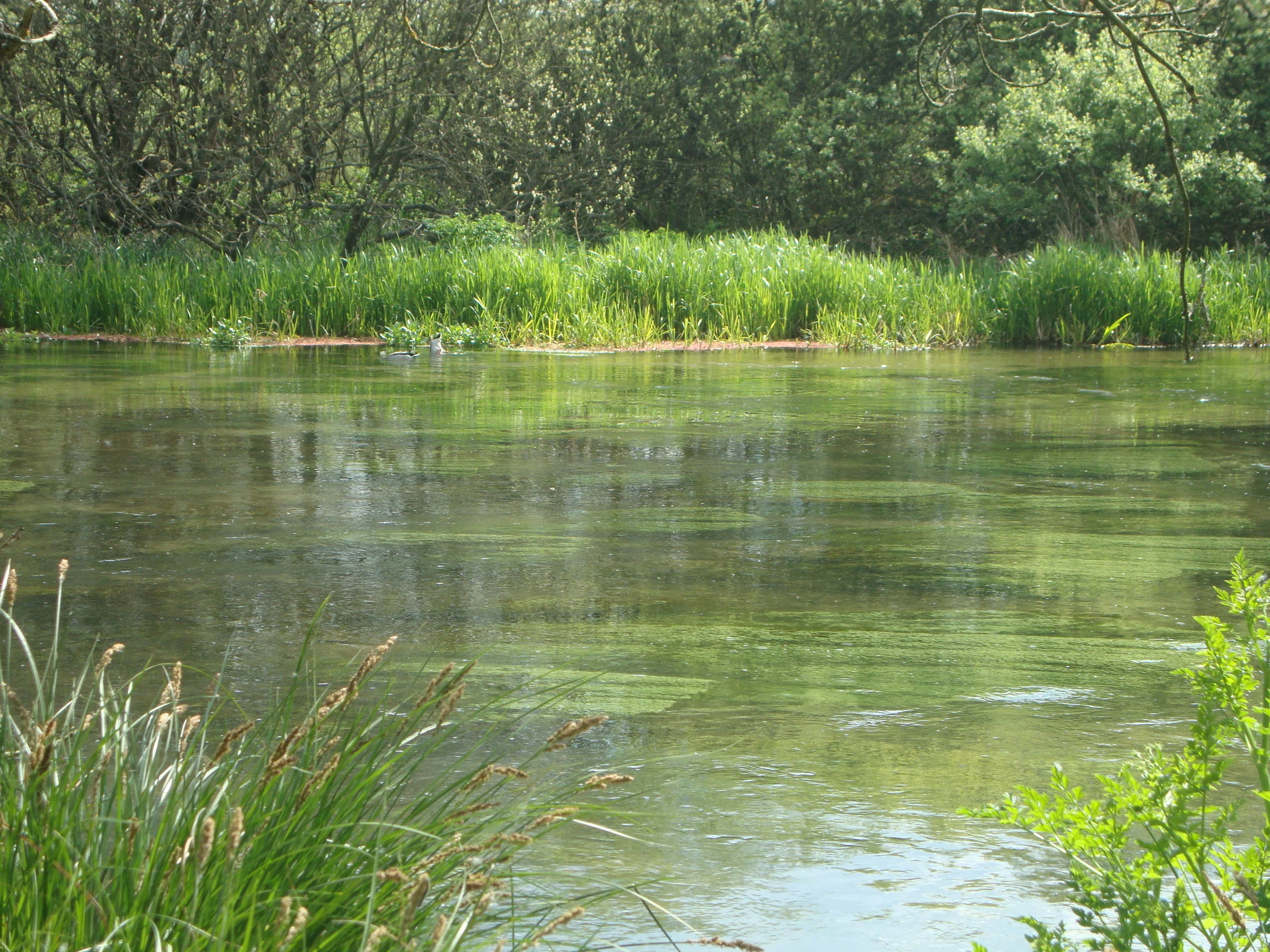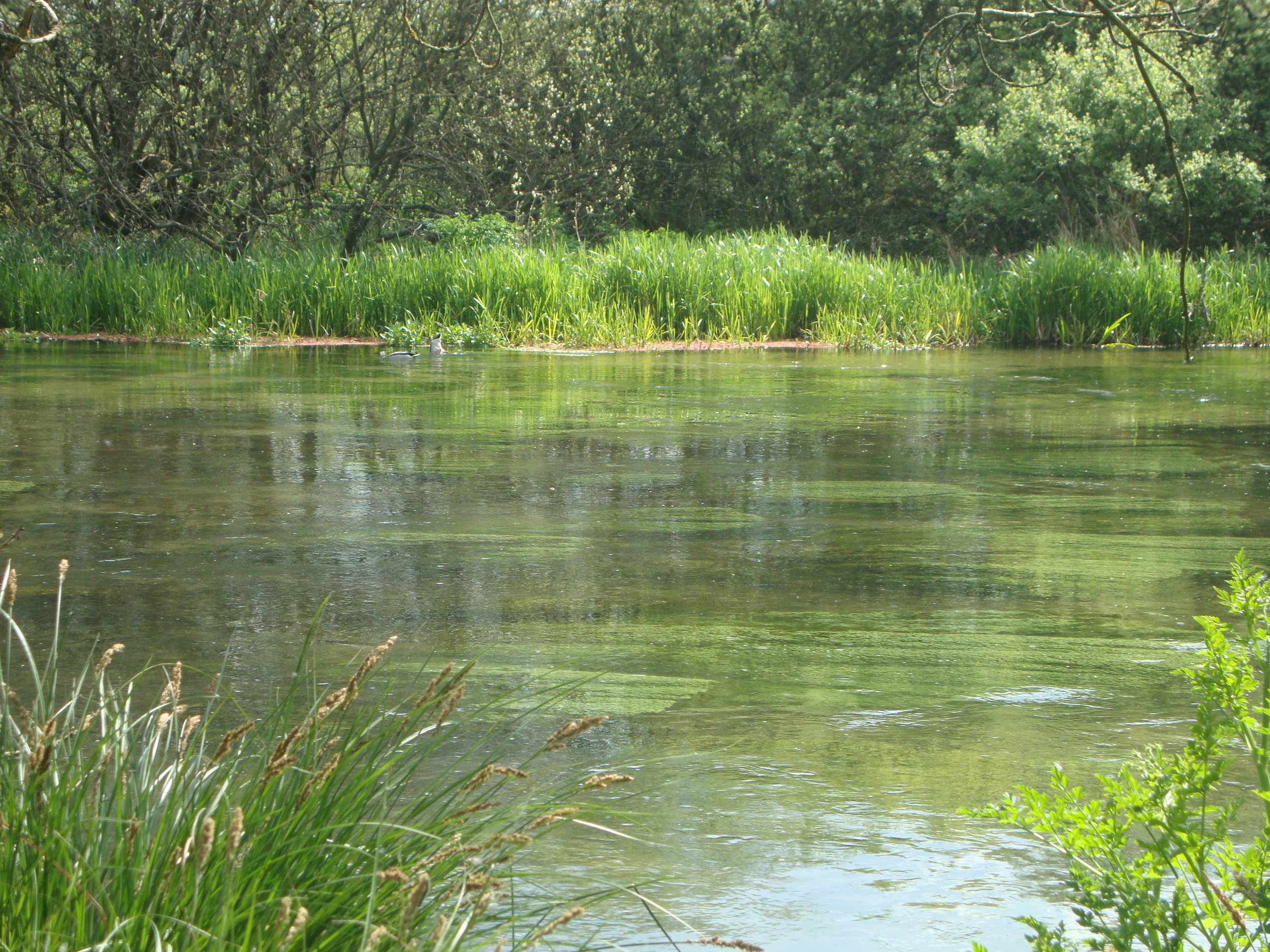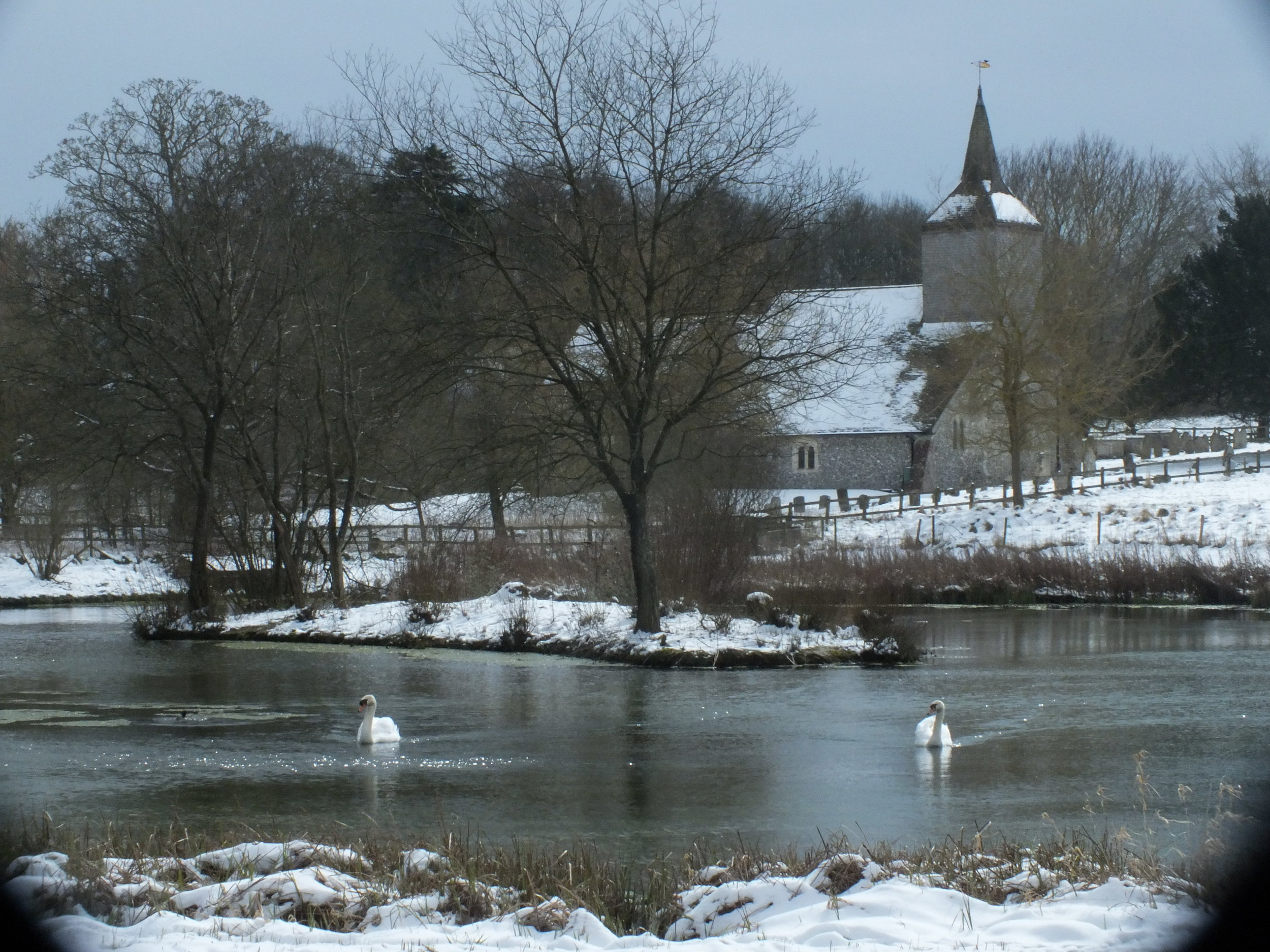Wonders of Winchester
It's easy to take it for granted because it’s all too familiar, but with a little bit of effort we can usually discover an astonishing amount of interest in and around our local area. Winchester offers prime testimony to that, whether it is a historical, archaeological, cultural, landscape or wildlife experience that you are after.
Not only did Winchester become the Anglo Saxon capital of England under King Alfred, but the city’s cathedral and trout fishing in the surrounding district’s chalk streams are internationally renowned. Since 2010, Winchester now stands at the western edge of the South Downs National Park, England's newest national park. With reportedly the largest Farmer’s Market in the country and seemingly hosting a festival of some kind every week, this small, compact city has much to offer the visitor.
But beyond celebrating the obvious and well known attractions, this blog brings attention to some of the lesser known places and experiences that lie within easy reach and reflects on the various attributes they offer.
River Itchen
Wildlife
Certainly residents of the city are blessed with having some of the top natural phenomena in, or close to, the heart of Winchester. To have the expanse of Winnall Moors a stone’s throw away from North Walls is astonishing. Water voles frequent here, while otters also pass through and have been captured on film at the City Mill. Recently we stood on the Riverside Walk watching a heron stand patiently in the Itchen’s fast flowing waters before succeeding in its catch and finally manoeuvring the large fish around in its beak to swallow it whole, the fish being much larger than one thought was possible. All this took place in full view of numerous strolling people who became captivated by the sight.
Up at Winnall we have been able to watch the aerobatics of the starlings’ murmuration as dusk descends over the city. This spectacle may be well known over the Somerset Levels, but to have it occurring above the city’s trading estate is quite remarkable. The recent local howls of anguish when the trees in which they roosted were unceremoniously cut down (ostensibly for health and safety reasons) is testimony to the value people attach to its importance.
Wintering Wren
On another occasion, I have spent a joyful 20 minutes watching a pair of kingfishers patrolling a stretch of the water below the mill at Wharf Hill. At home I have witnessed almost 40 bird species in our suburban garden. In the first couple of years after moving to Winchester, redpolls visited early each spring, but sadly and for reasons unknown, they have not been seen for many years now. This winter, however, we were delighted to see a flock, or more properly, a charm of about 25 goldfinches in our silver birch and, more recently, a smaller charm or trembling of greenfinches.
One of the reasons I have come to appreciate Winchester is not just that it is a compact bustling and historical city in its own right, but that it has some minor jewels on its doorstep. Yes, the prairie-like large fields to the north of the city may have arisen due to grubbed out hedgerows and the trend towards industrialised farming practices in recent years, reducing the biodiversity in the process, but to have extensive tracts of open countryside with that ‘big sky’ feel in an area of southern England that is relatively lightly populated is still an understated delight.
Threats of development
Winter scene at Stoke Charity
Until this summer it was felt that earlier threats to create a ‘new town’ in the Micheldever area had receded following the purchase of the Sutton Scotney Estate by the Magnier family trust of Irish horseracing fame. Initial indications were that they did not want to develop or sub-divide the estate, but rather to enhance its agricultural and horse stud potential. However in late summer plans were surprisingly submitted for a 6,000 home Micheldever Station ‘new town’. Locals have quickly reacted to fight the proposals.
Elsewhere the upper Itchen Valley holds a special appeal, comprising a lot of variety and character and remains a favourite place for walks or pub meals with visiting friends.
None of this means that the city and surrounding areas are without pressure from development. The regrets over losing the battle to save Barton Farm run deep for many, especially as the site had earlier been recognised for its high landscape value. The Inspector’s Report from a 1997 Planning Inquiry into Barton Farm recognised the distinctive contribution of the countryside extending up to the City boundaries. The government planning inspector declared that "Winchester is characterised by long wedges and fingers of countryside running into the city." He continued, "These create the green setting for which the city is famous." He made clear Barton Farm was one such wedge, as it would otherwise bring the urban edge of the city out into the countryside "in an unacceptable manner, thereby seriously affecting the setting and character of Winchester."
First signs of development at Barton Farm
Sadly this reasoning proved to be insufficiently strong in the face of continued developer pressures and national housebuilding priorities, however misguided in emphasis they might be. Although there is no turning back, it leaves the prospect of over 2000 homes placing intense demands and strains on local services.
Other protests, such as the 2014 Winchester Deserves Better campaign over Silver Hill (the Central Winchester Regeneration project which will become known as Saxon Gate) and the more recent concerns around the Station Approach project demonstrate how keenly local people value what Winchester and the surrounding areas have to offer and they do not accept its erosion lightly. Concern for preserving and enhancing the fabric of the city remains strong and thankfully there is still much other open countryside within easy reach to enjoy, especially as warmer days are hopefully not too far away.
Links
Winchester Tourist Information Centre: http://www.visitwinchester.co.uk/
Winchester Festival Guide: http://www.festivalsinwinchester.co.uk/





